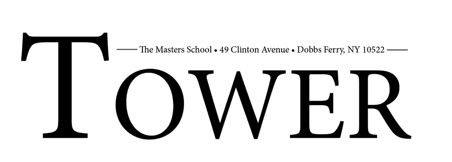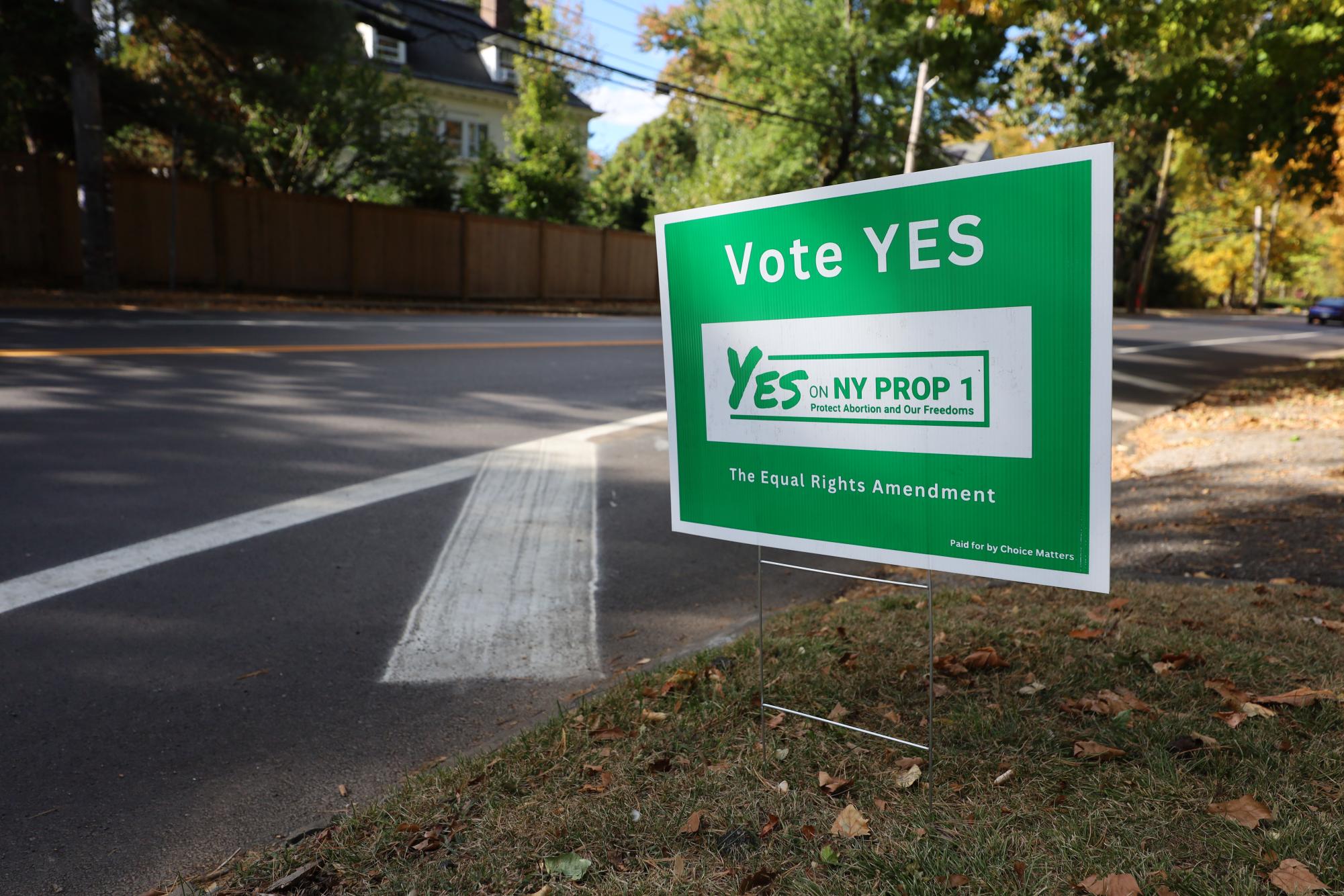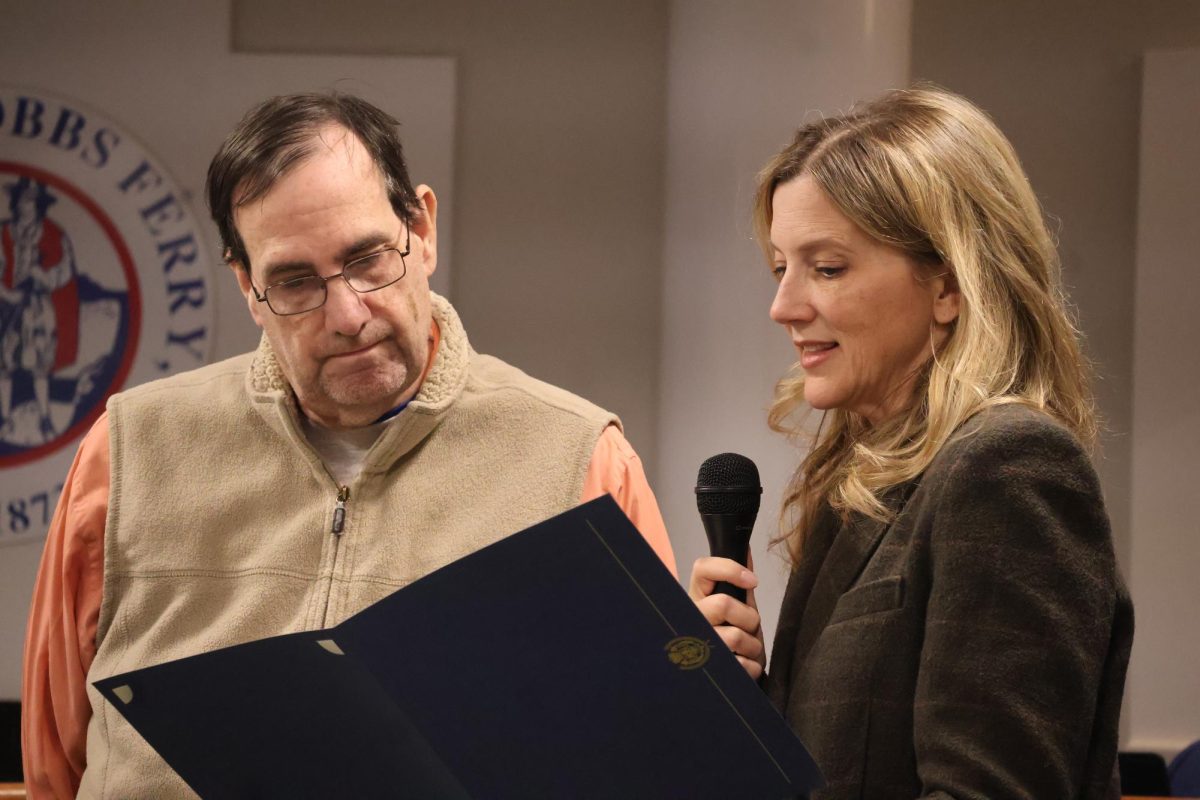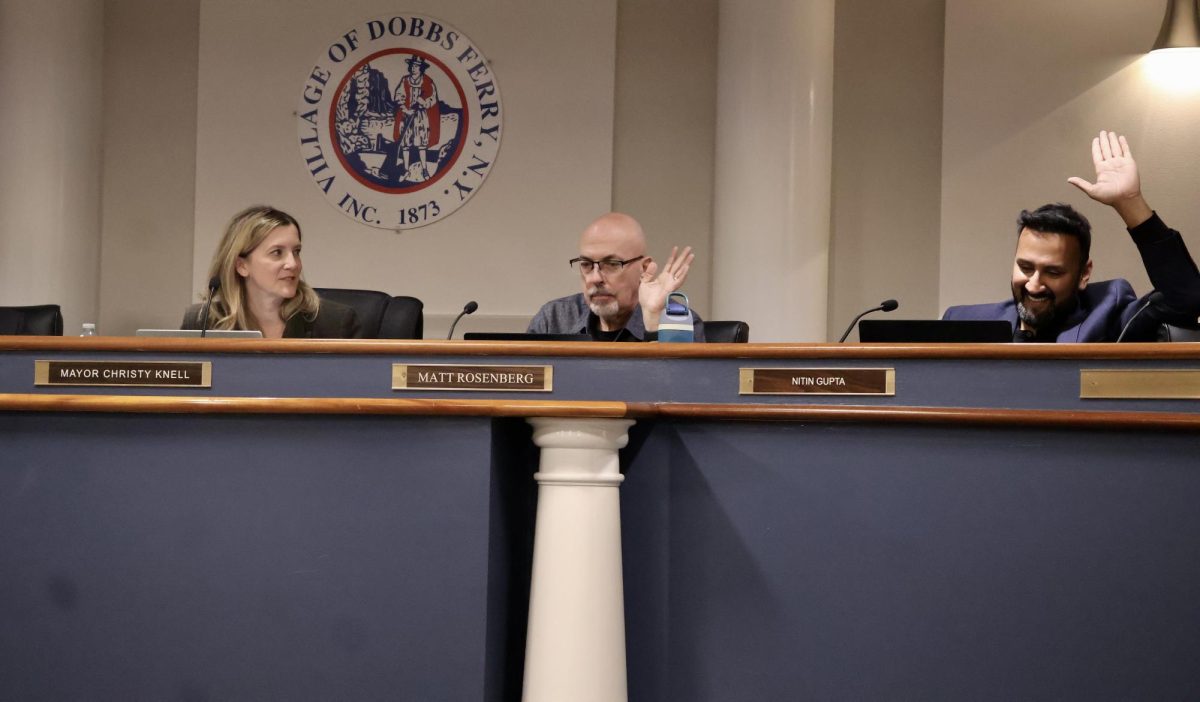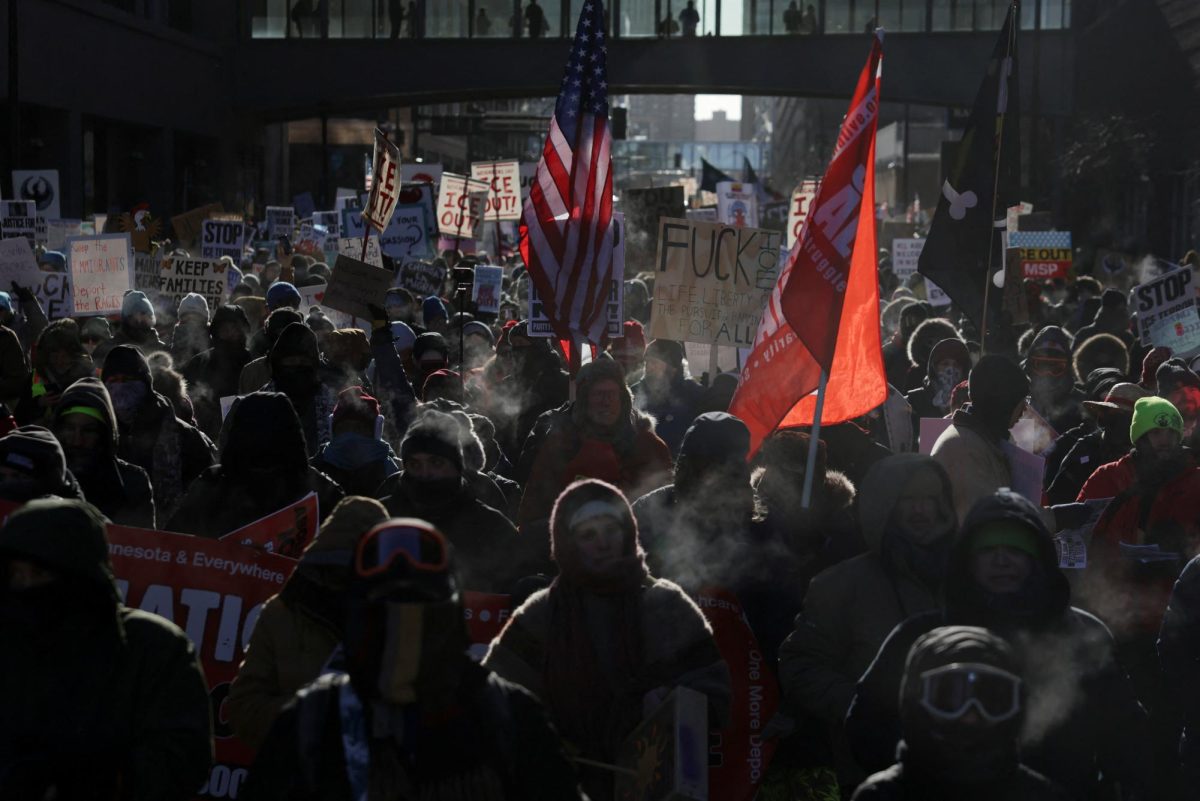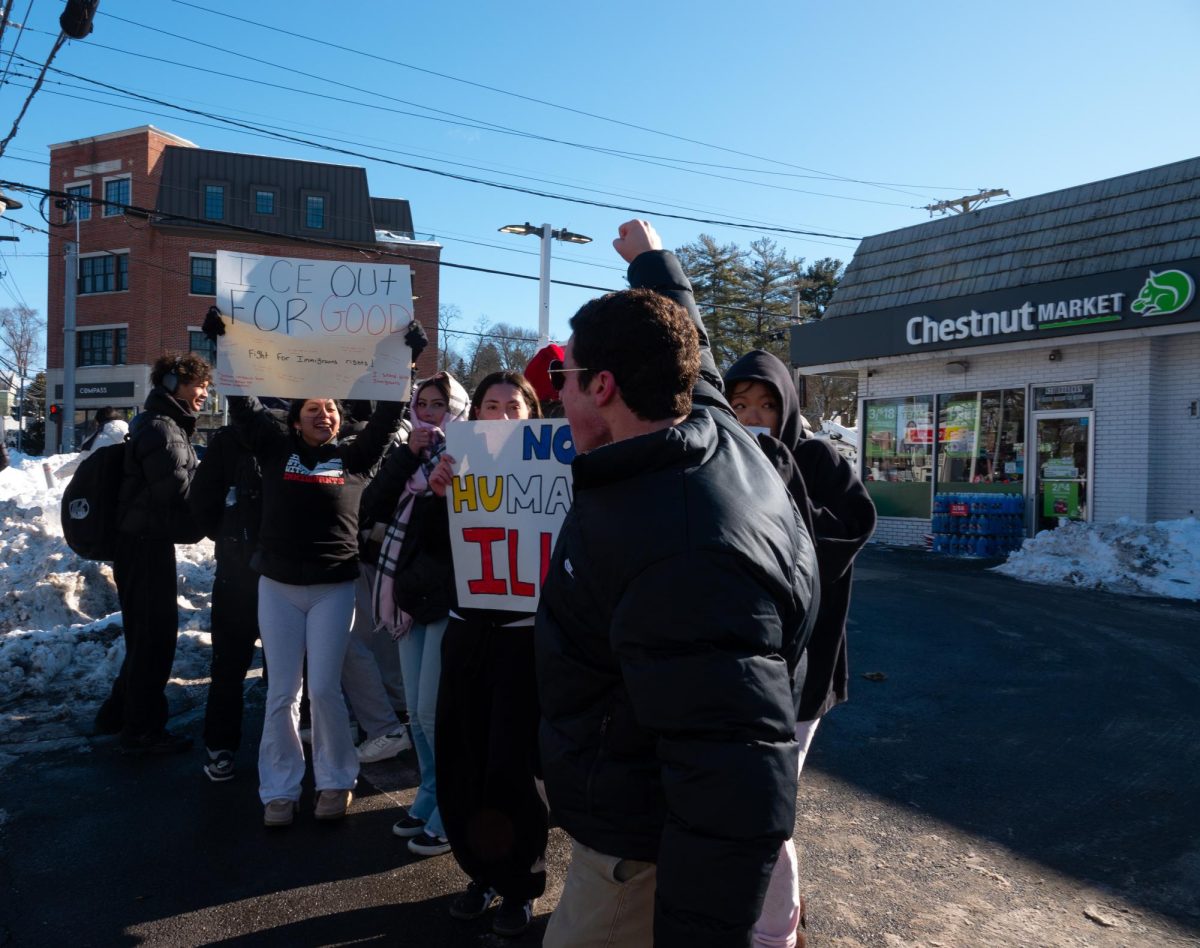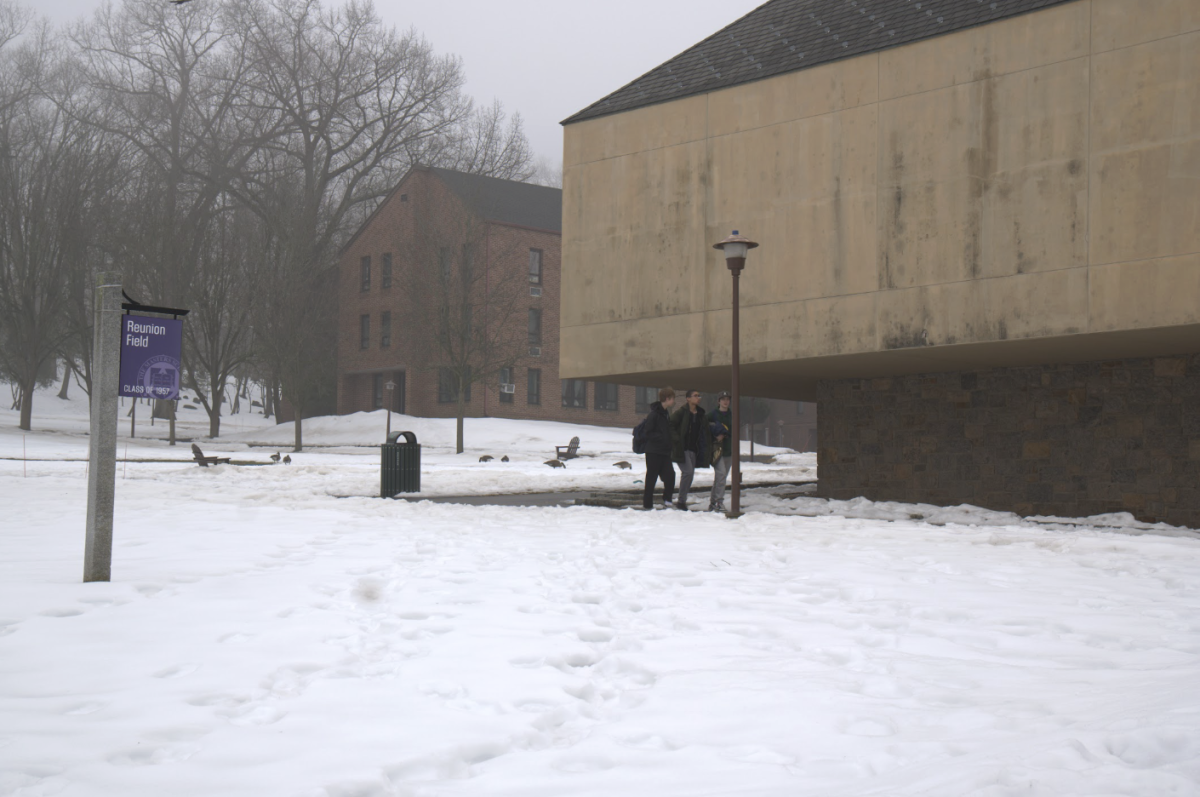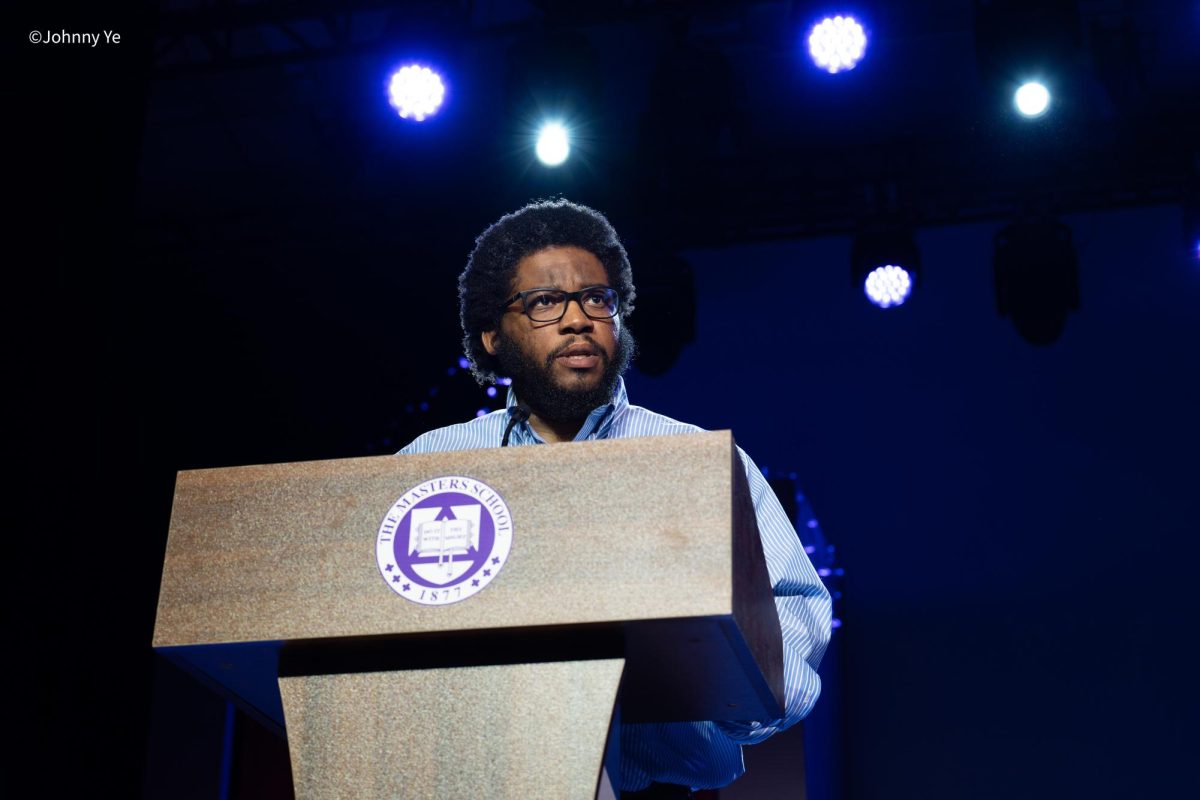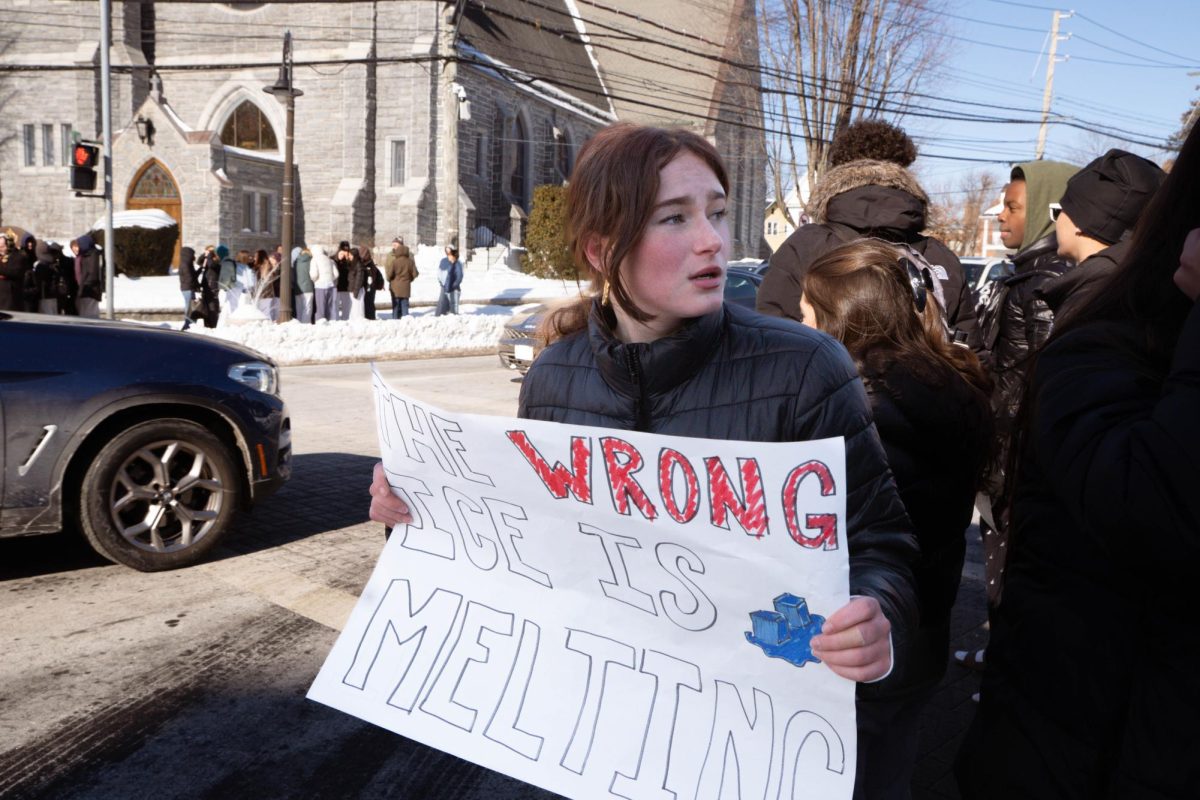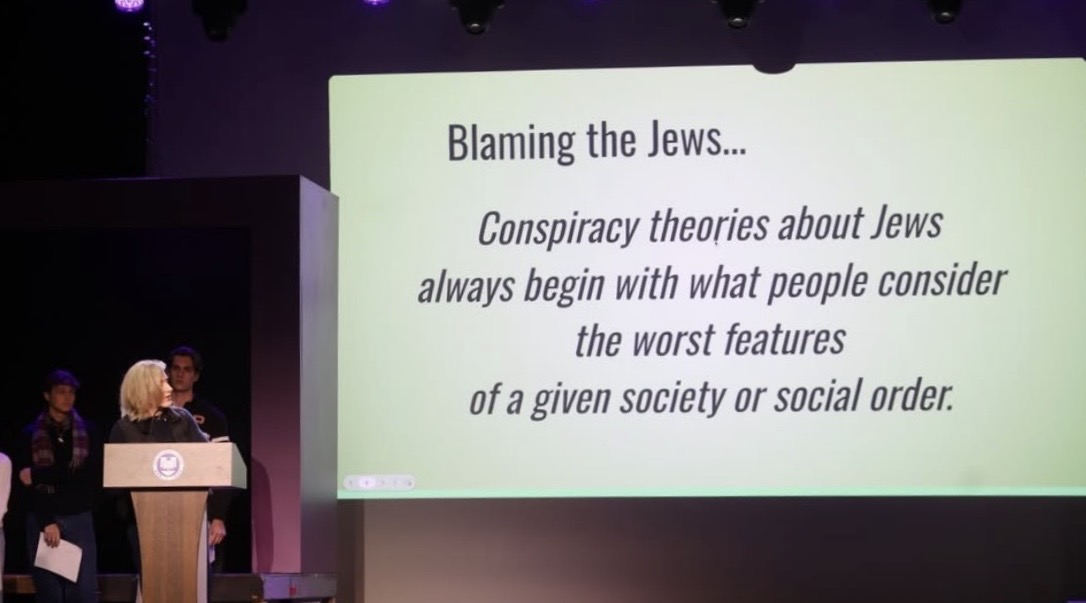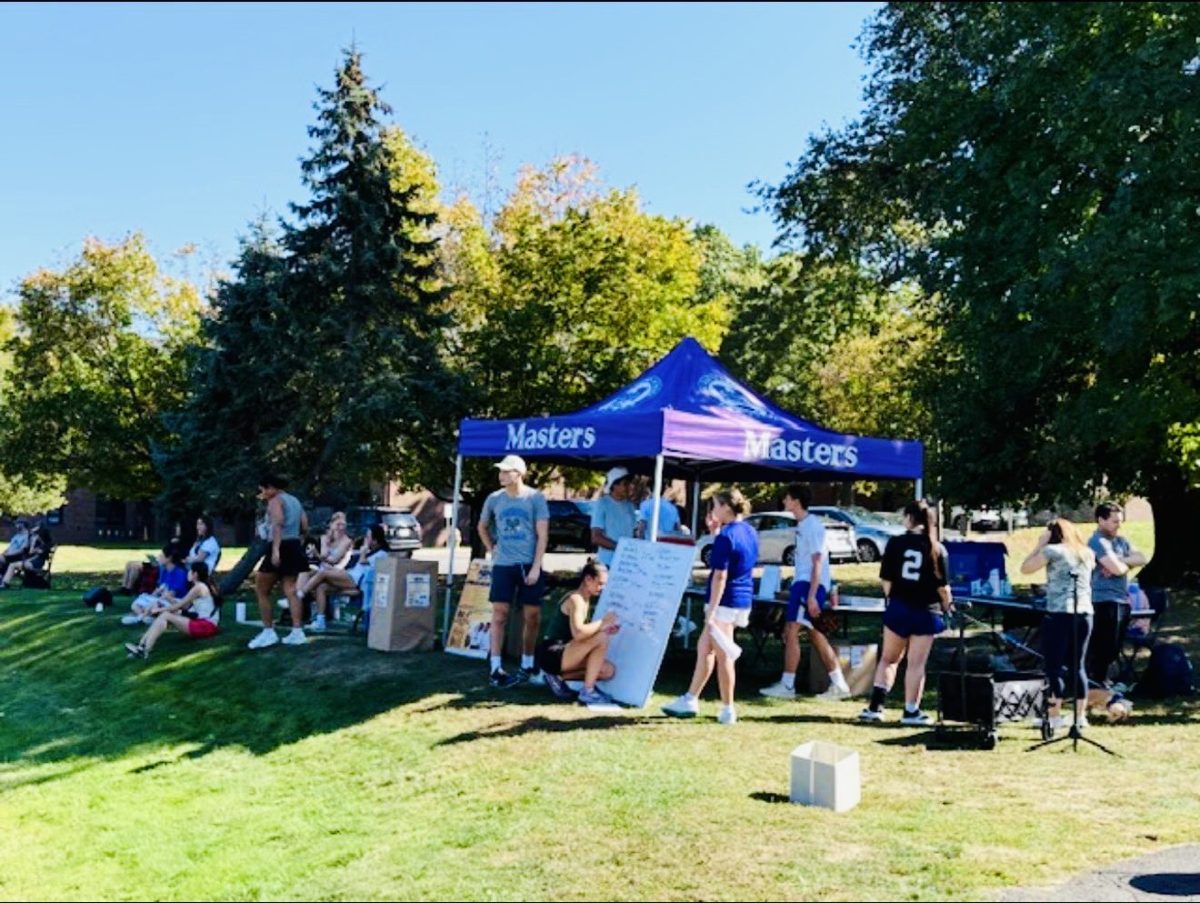The Masters’ co-ed field hockey team has faced repeated game cancellations since they include male players on a predominately female team, but that struggle may change as New Yorkers vote on Nov. 5, 2024, whether to pass Proposition 1, the Equal Rights Amendment. The amendment would expand anti-discrimination protections in the New York State (NYS) Constitution by updating its language from “race, color, creed or religion” to include “ethnicity, natural origin, age, disability, … or sex, including sexual orientation, gender identity, gender expression, pregnancy, pregnancy outcomes, and reproductive healthcare and autonomy.”
While the debate over Proposition 1 has raised countless arguments, most of these are centered on abortion rights. Most notably, the act implicitly guarantees abortion rights by adding protections related to pregnancy outcomes and reproductive healthcare autonomy. While the amendment doesn’t explicitly use the word “abortion” anywhere, by treating pregnancy decisions as personal, constitutionally-backed choices, it limits laws from restricting access to reproductive healthcare in a discriminatory way.
Proposition 1 also covers gender identity and expression protections. By specifically adding protections for gender identity, the amendment ensures that transgender and nonbinary individuals are protected from discrimination in schools, workplaces, healthcare, and public accommodations. For teams like the Masters’ field hockey squad, the amendment could reduce the challenges faced in school athletics.
The Dobbs Ferry Democratic Committee has been actively promoting a “yes” vote on Proposition 1, framing it as a safeguard against any rollbacks of abortion rights. Their efforts include door-to-door canvassing and reminding voters to flip their ballots over, as Proposition 1 will appear on the back. “One of the most important things on the ballot in New York this year is a referendum to protect reproductive freedoms,” the committee shared in a recent Facebook post. “With abortion rights under attack across the country, we must secure these rights here at home by passing Proposition 1, the NY-ERA.”
While Proposition 1 has been promoted as a way to protect abortion access, opposition has also been growing. The New York Republican State Committee has openly criticized the amendment, arguing that it is unnecessary. “New York legalized abortion in 1970 and is not under any threat of repeal,” the committee said in a statement. Most concerns are instead over the amendment’s impact on schools and parental rights. “Prop 1 will force schools to allow biological males on female sports teams,” the committee claims. “It will give minors the right to pursue transgender medical interventions without parental consent.”
While NYS law already prohibits school officials from disclosing a student’s gender identity without consent and allows students to participate in activities that align with their gender identity, these protections can be changed through legislation. Proposition 1 aims to make them more permanent and less susceptible to political shifts by embedding them in the state constitution.
Similarly, under existing regulations, minors can only make health care decisions independently under specific circumstances, such as medical emergencies, pregnancy, or if they are legally emancipated. The proposed amendment wouldn’t change these frameworks, regardless of the outcome of the upcoming vote, but it could solidify these protections by adding them to the NYS constitution.
However, legal experts suggest that both supporters and opponents may be overstating their cases. In an interview with WXXI News, Vincent Bonventre, a law professor at Albany Law School, clarified that while the amendment strengthens anti-discrimination protections, it does not explicitly codify the right to abortion.
“It does not preclude legitimate restrictions on abortion,” Bonventre explained. He also warned that future legislatures could still pass restrictions. “For example, if we get a conservative administration in the governor’s office, and they control the Assembly and the Senate, there’s nothing to stop them from enacting legislation that pretty severely restricts a woman’s right to choose. There’s nothing in here that stops that.”


